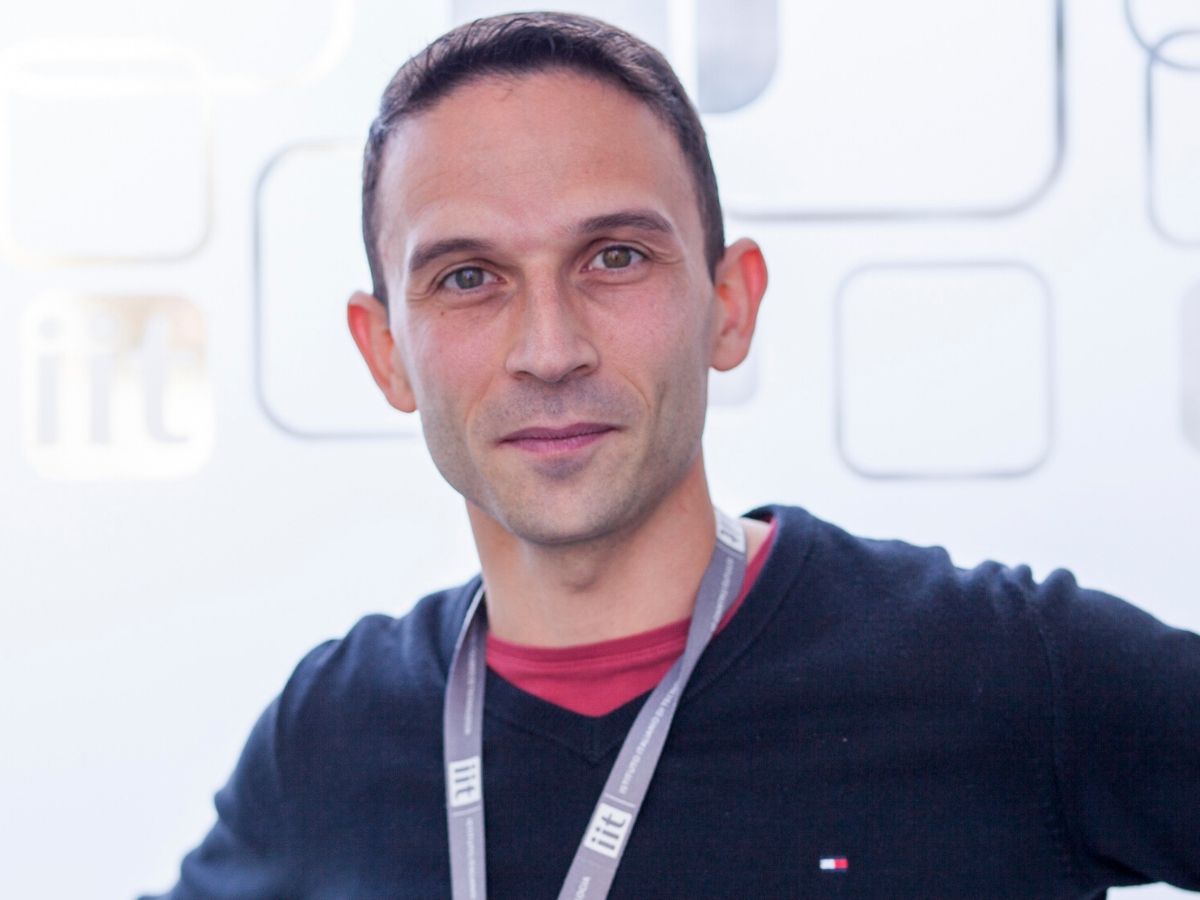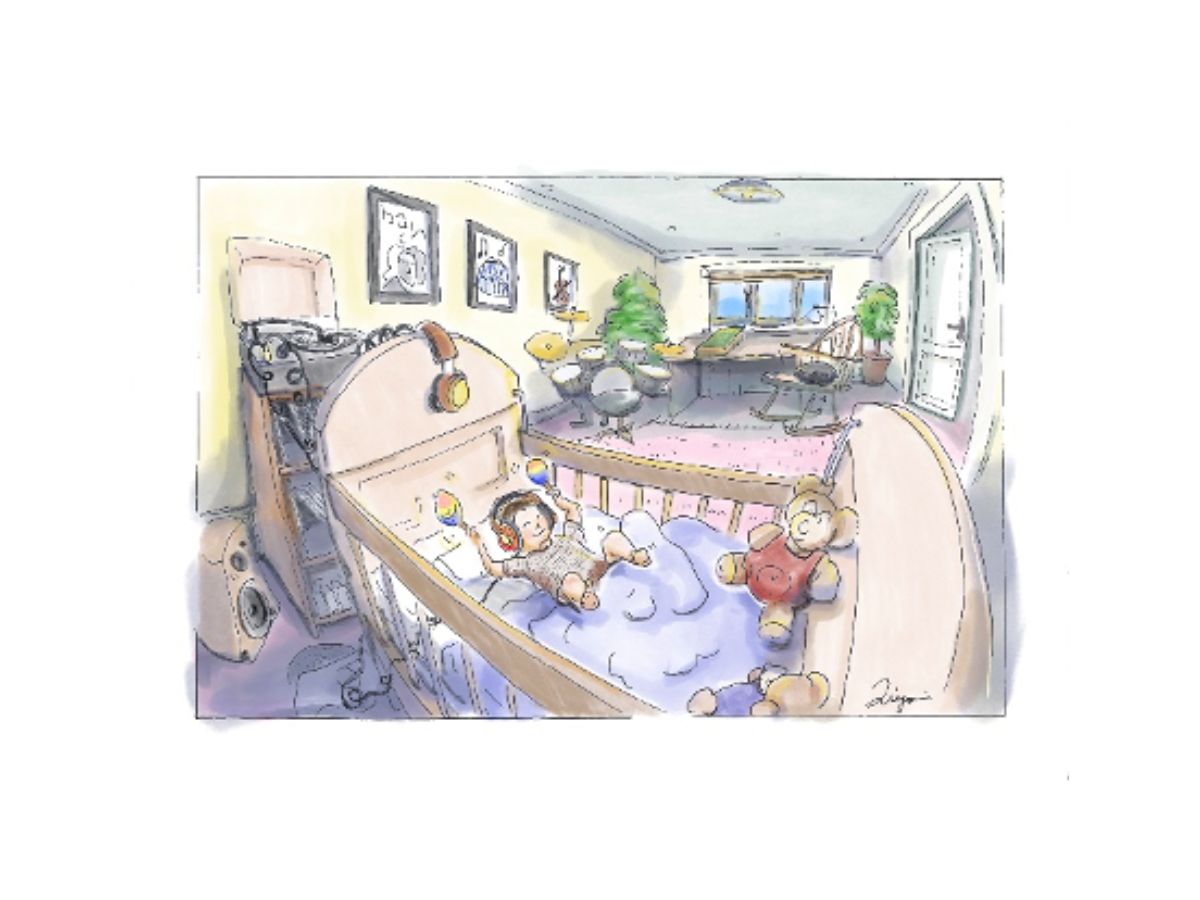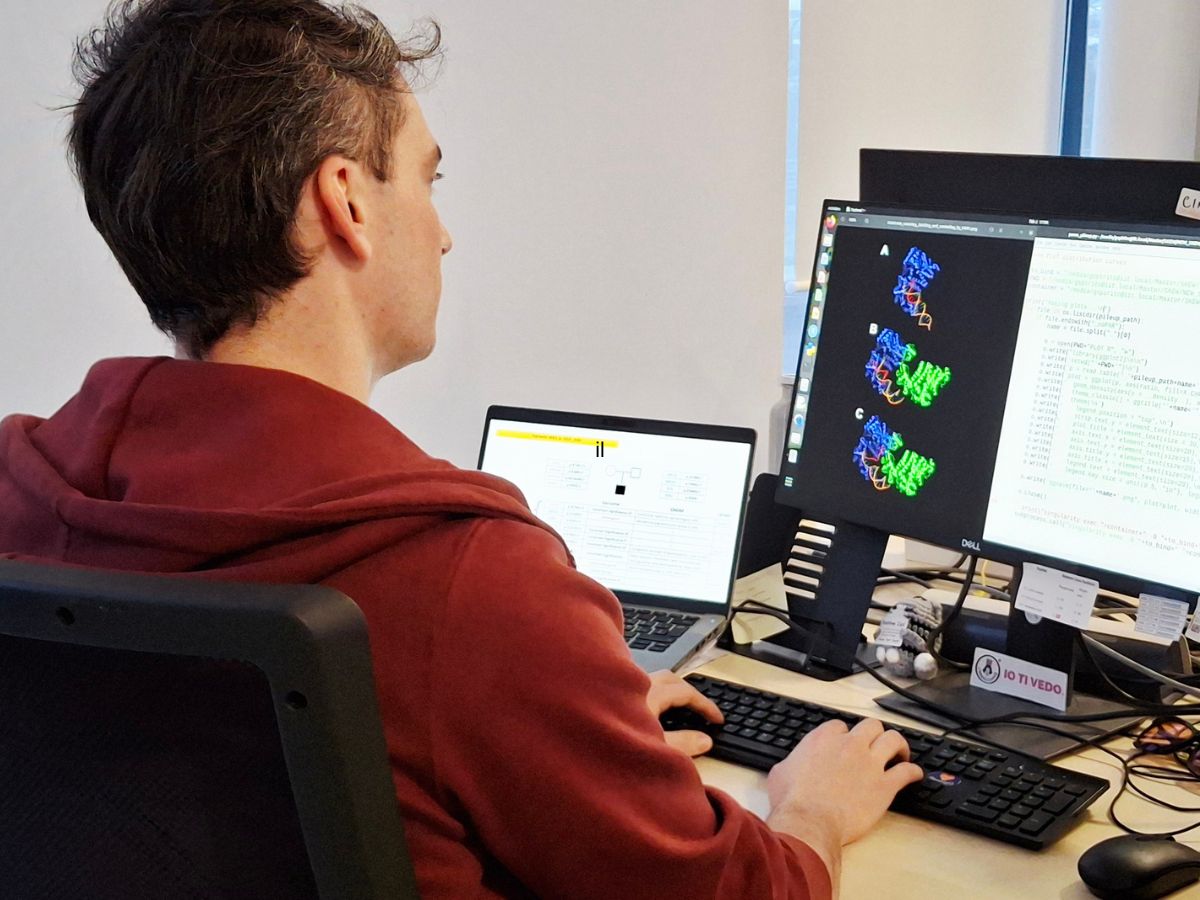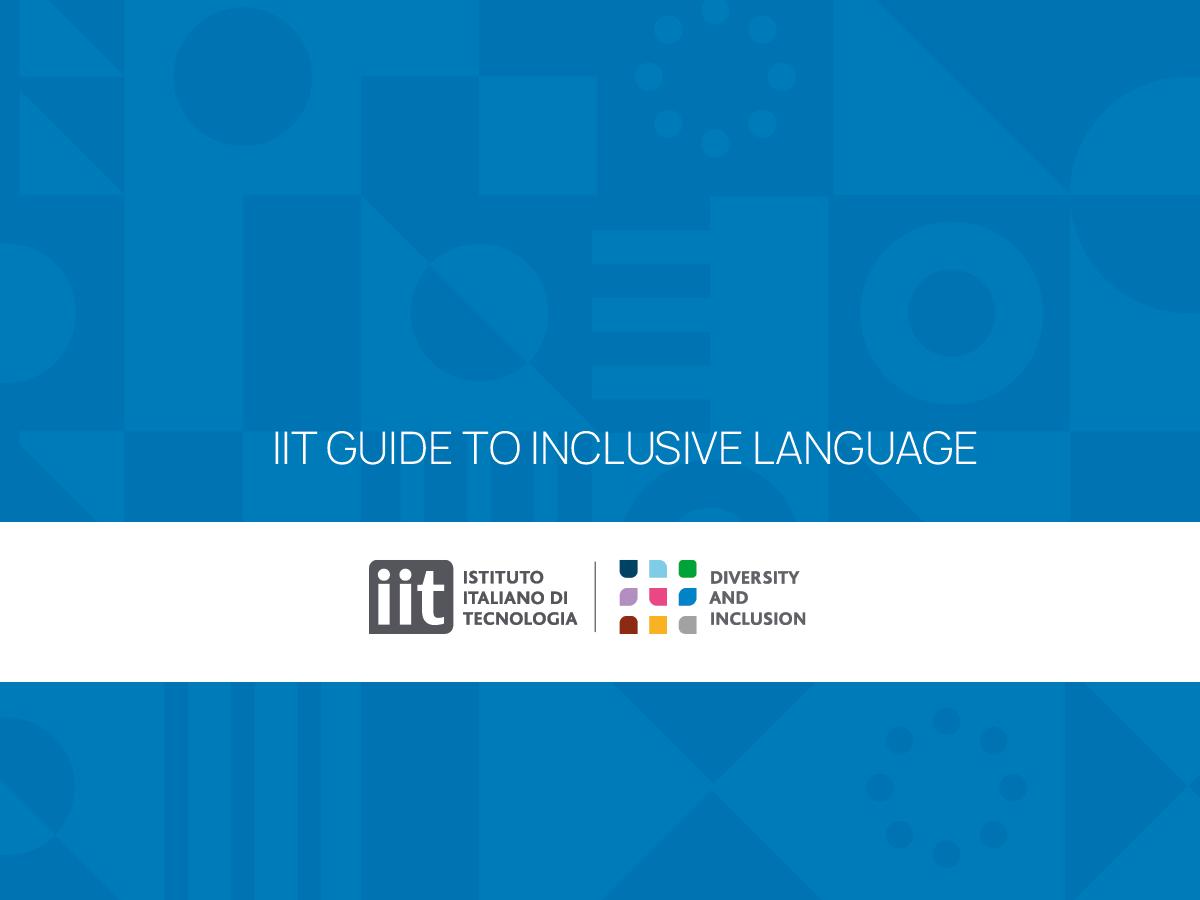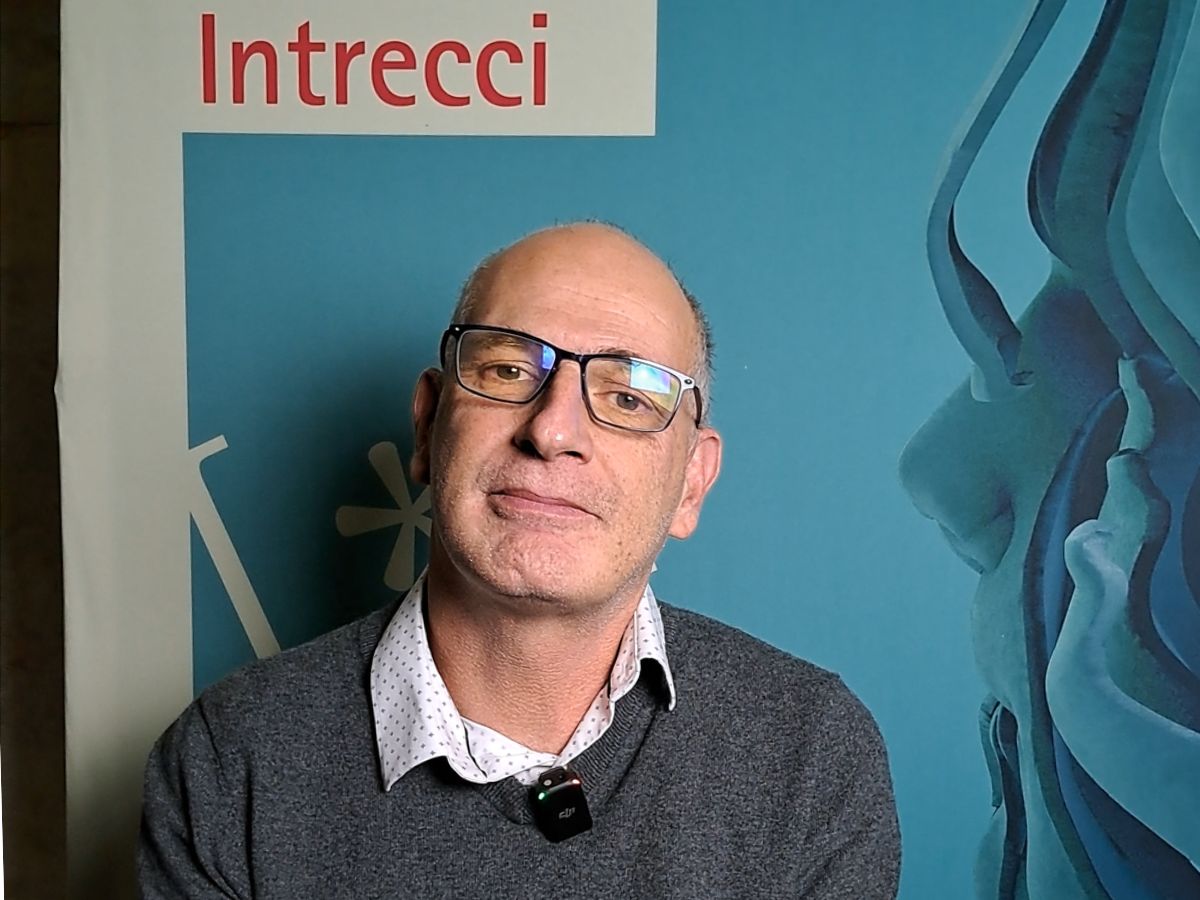Interview with Massimiliano Gatti, Director of Technical Services and Facilities at IIT
IIT was known for its sense of community, multiculturalism, and constant interaction, both casually and during meetings over coffee. Research often depended on these numerous meetings, which sometimes spontaneously resolved scientific issues or opened new doors for collaborations. It was Italian, with over 60 represented countries, each bringing its own unique customs and traditions that enriched the collective experience.
What has remained of this inside the IIT buildings, where the Istituto Italiano di Tecnologia houses over 1700 staff?
During these extraordinary months, research activities never stopped. They continued in laboratories with careful planning and safety measures, as well as remotely thanks to technology support. Interactions, sharing opinions, even just having a coffee with colleagues through video calls from home, have allowed us to maintain the spirit of IIT. In this sense, we can say that IIT remains a community, even in remote mode and while respecting social distancing.
Let’s go back to the start of the pandemic. At a certain point, the Liguria Region closed schools on February 28, and shortly after, announced the complete closure of public offices, universities, and shops, leading to a nationwide lockdown. No more gatherings, no more meetings. Besides promptly implementing remote work at IIT and receiving strong IT support to maintain communication and uninterrupted scientific work, can you tell us how you had to manage the Genoa centers and the 11 satellite centers throughout Italy from a technical perspective while ensuring that necessary laboratories remained open and functional? How did you have to reconfigure common spaces such as meeting rooms, the cafeteria, the restaurant, and even the stairwells? Were the spaces sufficient to redistribute the entire staff?
Managing locations spread across the entire national territory, each with different regional regulations, was a complex challenge. I’m proud to say we successfully overcame it, primarily thanks to the hard work of all colleagues in the Technical Services and Facilities Department, with the support of ASPP (Safety and Protection Services) and the laboratory technicians at IIT. Actions taken included reviewing capacities, implementing cleaning services, sanitizing facilities, improving signage, distributing masks, hand sanitizers, and cleaning wipes for equipment and surfaces, as well as installing partitions. These measures were carried out to ensure that research staff could continue their work safely. A particularly satisfying accomplishment, which once again demonstrated IIT’s adaptability to any situation, was the development of a temperature scanning system at the entrances of the IIT’s centers in Genoa, known as the CCT and CRIS. This system was created in record time by a group of researchers coordinated by PI Alessio Del Bue, allowing us to carry out temperature checks at a time when such systems were scarce due to high demand.
What was the most challenging aspect of complying with the rules set by the Italian government once the state of alert ended after May 18th? When do you think a return to normality is possible?
The most challenging aspect was undoubtedly coordinating staff presence to ensure research activities continued while respecting the maximum capacity and all precautions required for virus containment. It was a team effort, and thanks to the collaboration of researchers, technicians, and all administrative personnel, we were able to manage everything safely.
IIT promotes the use of bicycles with special discounts for employees and the scientific-technical staff to encourage a healthier lifestyle and to address traffic issues during the summer months. Are there other initiatives that you have adopted or believe could be put in place to cater to young people at IIT, families, and promote a healthier lifestyle and respect for the environment?
IIT has long focused on environmental and social issues, promoting its Environmental Policy and ISO 14001-certified environmental management system. Over the years, various actions have been initiated, such as agreements to promote electric mobility, waste reduction policies, and a focus on resource conservation through recycling and reuse. From a social perspective, even during the lockdown, blood drives were held in collaboration with Avis, supporting the #escosoloperdonare campaign. In the near future, IIT will be involved in new initiatives to help achieve the sustainable development goals set by the United Nations, with an increasing involvement of researchers and their research activities in IIT’s Environmental Policy. But we’ll talk more about this in the next interview!

